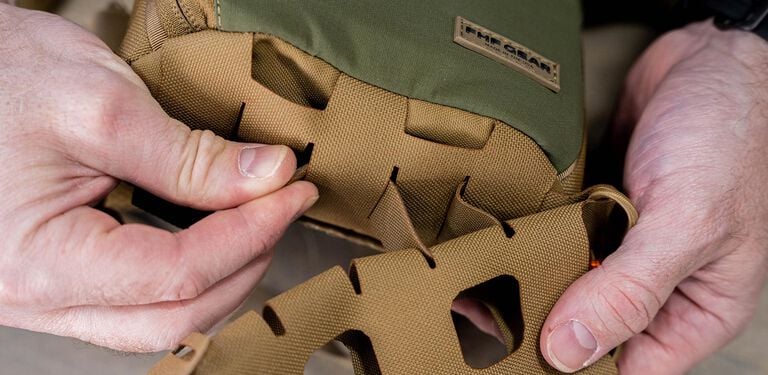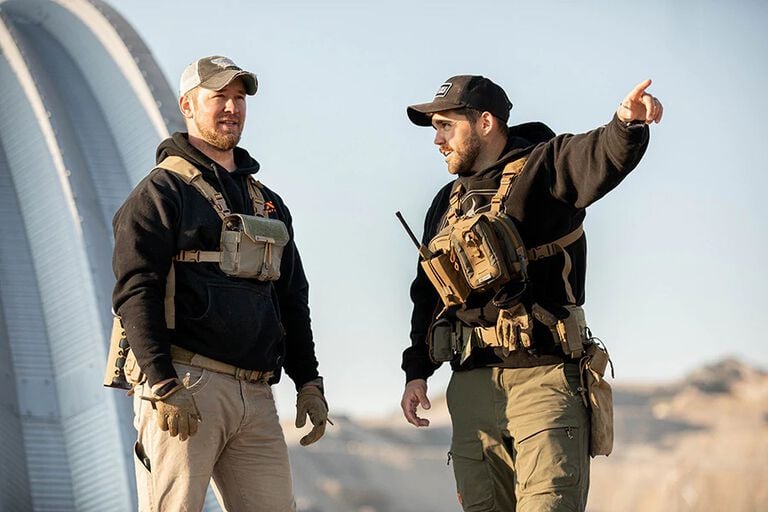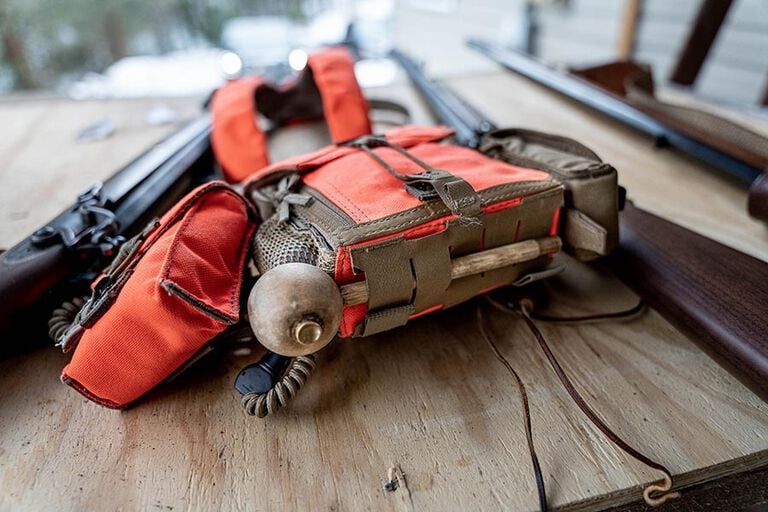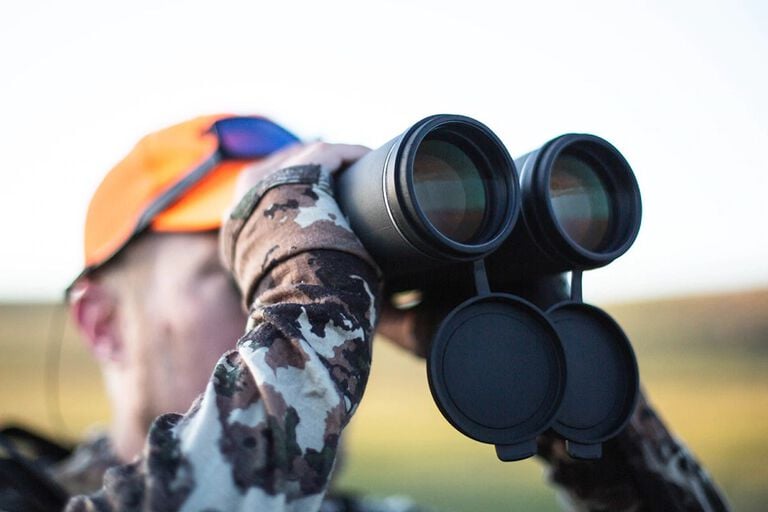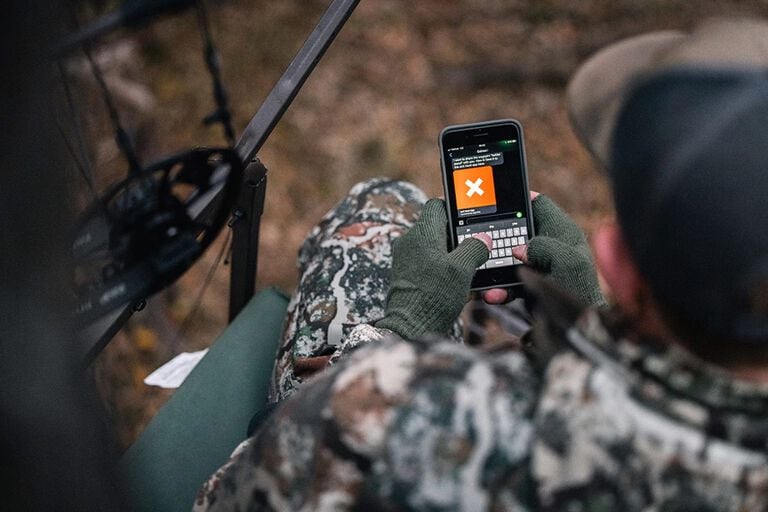GPS VS. CELL PHONES FOR HUNTING



Ryan Newhouse
onX Maps
How GPS Work
GPS work through a system of satellites orbiting earth. When your unit can connect to three or more GPS satellites, it can pinpoint your location within 7.8 meters 95% of the time. Your position is based on the intersection point of overlapping spheres determined by the satellites’ signals and the GPS on the ground. This is called trilateration, and the intersection of the overlapping spheres is your location.
The GPS in your cell phone relies on the same 30+ orbiting satellites and uses trilateration (not to be confused with triangulation, which measures angles not distance) to provide a precise location. Cell phones do not need reception from cell phone towers to obtain a GPS location, which is a common misconception.
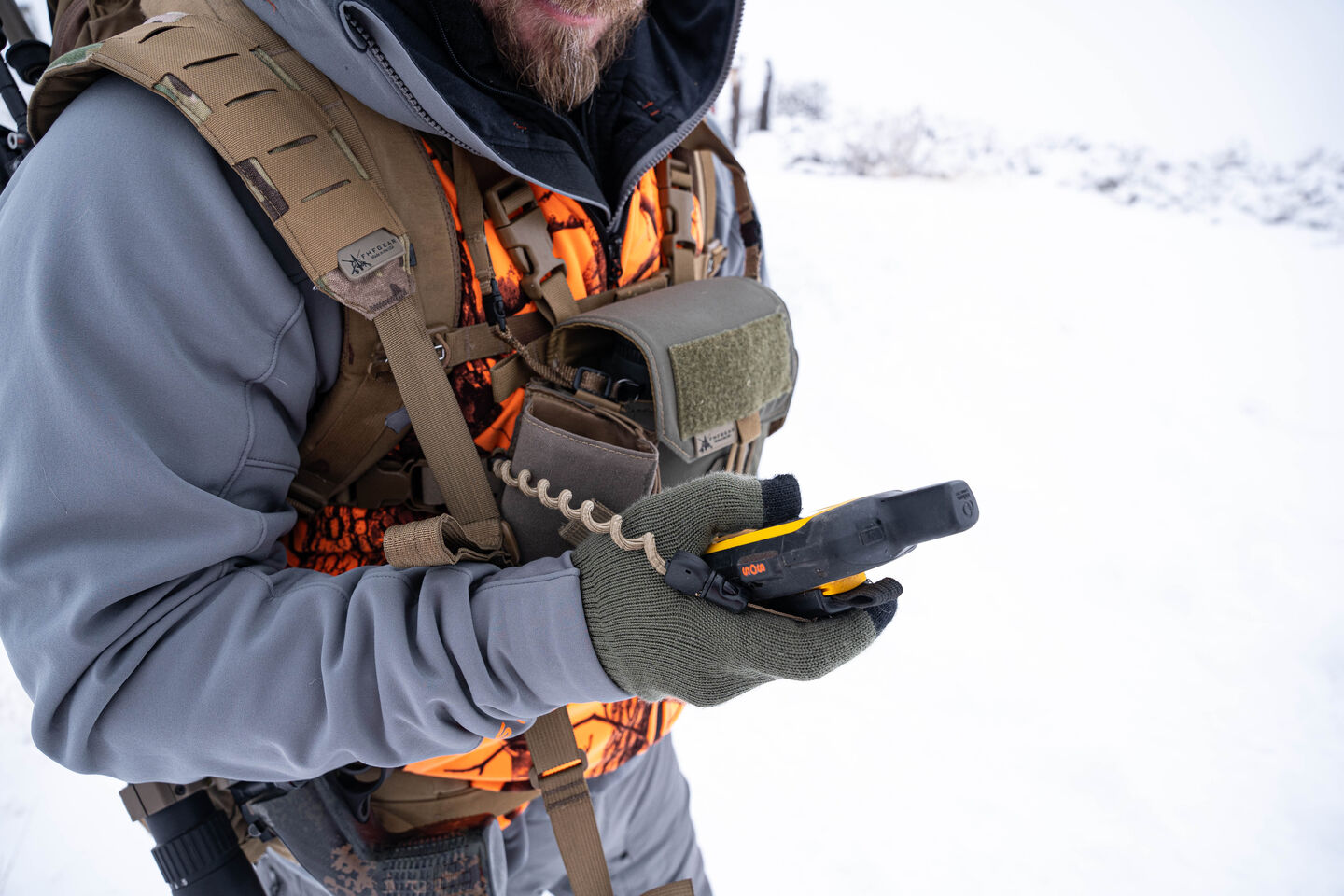
Pros and Cons of a GPS Unit
Standard GPS units are built for rugged outdoor use. Differences between units typically relate to screen size and touch-ability, 2-way radio capability, battery types, and other various specs. However, for the purpose of this comparison, we’ll focus on the most common features all GPS units share.
Pros:
- Rugged and waterproof without the need for a separate case.
- Most units use either rechargeable or replaceable batteries.
- Live tracking and the ability to save tracks.
Cons:
- Expensive to purchase. Adding quality maps is another added expense.
- Extra weight to carry (unit + extra batteries)
- Cumbersome to scout first on web-based mapping programs and transfer Waypoints to check out.
- Little purpose outside of navigation.
- Must have knowledge of reading topographic maps.
.jpg?sw=1440&sfrm=jpg&q=80)
Pros and Cons of Using a Cell Phone for Hunting
Cell phones are called “smartphones” for a reason. They are powerful tools that can make a lot of things easier in our lives, and that extends to hunting. From planning a hunt to tracking an animal we shot, a cell phone that uses a cutting-edge GPS hunting map app can do a lot to up your hunting game.
Pros:
- You likely already own one.
- Larger, hi-definition screen.
- Works without cell service.
- Ability to view Topo, Aerial, Hybrid, or 3D maps.
- Can provide useful auxiliary information, like weather forecasts.
- Easy to sync and share Waypoints, if using an industry-leading hunting GPS app.
- Live tracking and ability to save tracks.
Cons:
- Battery life decreases in cold temperatures.
- Needs protective cases and screen protectors to increase durability.
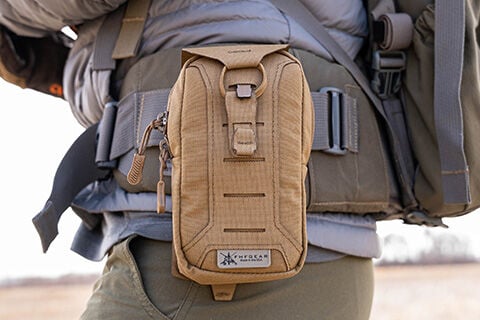
Which One is Right for You?
To decide whether you need a standalone GPS unit or a hunting app-equipped cell phone by your side in the field, there are some key questions you should be asking yourself:
- Do I want the expense of a new device I only use a few times a year?
- Am I confident I can learn how to use a GPS device or am I comfortable handling a device I already use every day?
- Do I want the up-to-date information an app can provide, including the latest public and private land boundaries; detailed hour-by-hour weather forecasts; and map layers that highlight active and past wildfires, possible access points to public land, and GMU boundaries?
- Even if I bring a GPS with me, would I be willing to leave my cell phone at home?
Truthfully answering the above questions will help guide your decision to buy or carry a GPS unit in the field with you. No one device can do every task described above, but you may find the device you already own has more ability than you could have imagined.





